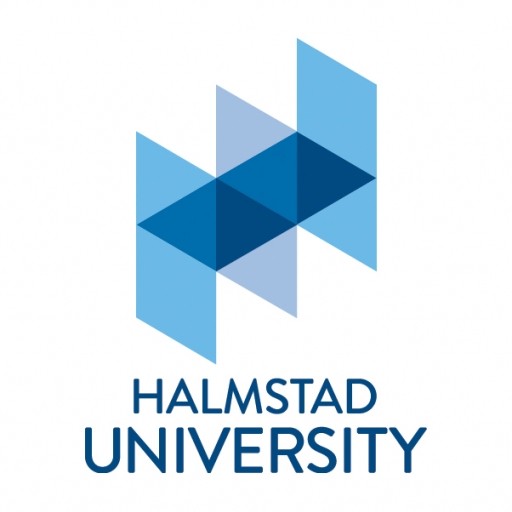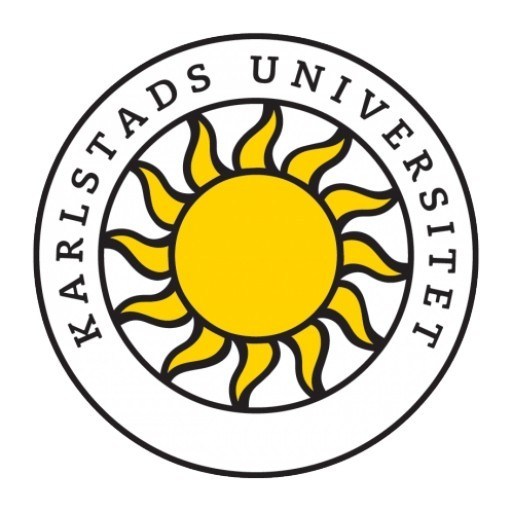Photos of university / #stockholmuniversity
The Master’s Programme in Management Studies at Stockholm University offers a comprehensive and rigorous education designed to prepare students for a wide range of managerial and leadership roles in the global business environment. This programme provides students with a solid foundation in key management disciplines such as strategic management, organizational behavior, marketing, finance, and operations management, allowing them to develop critical thinking and problem-solving skills essential for effective decision-making. Throughout the two-year curriculum, students engage with both theoretical concepts and practical applications, often collaborating on projects that simulate real-world business challenges. The programme emphasizes an international perspective, encouraging students to understand and analyze business practices across different cultural and economic contexts. With access to Stockholm University’s strong links to the business community and a diverse cohort of students from around the world, participants benefit from networking opportunities and exposure to global business trends. The programme also offers optional courses and specializations, enabling students to tailor their studies according to their career interests, whether in consulting, entrepreneurship, or corporate management. Additionally, students have opportunities for internships, study abroad exchanges, and participation in seminars and workshops led by industry experts. Graduates from the Master’s Programme in Management Studies are equipped with the knowledge, skills, and international outlook necessary to succeed in competitive management roles across various sectors. They are well-prepared to pursue careers in consulting firms, multinational corporations, government agencies, and entrepreneurial ventures, or to continue their academic journey in doctoral programs. This programme is ideal for individuals aiming to develop a strategic understanding of management principles combined with practical experience to make a positive impact in the global business landscape.
Management Studies at Stockholm University offer a comprehensive and in-depth exploration of key concepts, theories, and practices essential for effective leadership and organizational success. The program is designed to equip students with a strong foundation in management principles, strategic thinking, and problem-solving skills needed in today's dynamic global business environment. Throughout the programme, students will engage with a variety of interdisciplinary topics including organizational behavior, marketing, finance, human resource management, sustainability, and innovation. This multidisciplinary approach ensures that graduates are well-prepared to address complex challenges faced by modern organizations.
The curriculum combines theoretical coursework with practical applications, encouraging students to develop their analytical abilities and strategic mindset. Students will participate in case studies, group projects, and internships that provide valuable real-world experience. Emphasis is also placed on developing leadership qualities, ethical considerations, and sustainability awareness, aligning with contemporary demands for responsible management. The program fosters a global perspective, encouraging students to understand cultural differences and operate effectively across borders.
Instruction is delivered through lectures, seminars, workshops, and independent study, supported by experienced faculty members from diverse backgrounds. The learning environment promotes critical thinking, active participation, and collaborative learning. Moreover, the program offers opportunities for specialization in areas such as entrepreneurship, international management, or digital transformation, allowing students to tailor their studies according to career aspirations.
By completing the Management Studies program at Stockholm University, graduates will be prepared for a variety of career paths in business, consultancy, public administration, or entrepreneurship. They will possess the skills to analyze organizational challenges, develop strategic solutions, and lead teams effectively. The program also provides a solid foundation for further studies in management or related fields. With its combination of rigorous academics, practical experience, and a focus on sustainable and ethical leadership, Stockholm University's Management Studies offer an excellent stepping stone for aspiring managers and business leaders of the future.
Admission requirements for the Master's Programme in Management Studies at Stockholm University typically include a completed Bachelor's degree or a similar higher education qualification in a relevant field, such as Business Administration, Economics, or Management. Applicants must demonstrate proficiency in English, usually through standardized tests like IELTS or TOEFL, with minimum scores specified by the university. Additionally, applicants are expected to submit a motivation letter stating their interest in the programme and explaining how their background aligns with the aims of the programme. Relevant work experience may be considered an advantage but is not always mandatory.
Applicants are also required to provide official transcripts from previous studies, details of academic achievements, and a CV outlining their professional experience. The selection process evaluates academic records, motivation, and relevant skills or experience, aiming to identify candidates with a strong interest in management, leadership potential, and academic ability. International students might also need to meet specific visa and residence permit requirements depending on their country of origin.
The programme may have specific prerequisites or preferred coursework in areas such as organizational theory, strategic management, finance, marketing, or quantitative methods. Although prior knowledge in these areas is not always mandatory, applicants with such coursework may have an advantage during the admission process. It is important for applicants to review the detailed admission criteria provided by Stockholm University for each application cycle, as these requirements can vary slightly from year to year. Overall, the programme seeks motivated candidates with a solid academic background, clear career goals related to management, and the ability to operate effectively in an international and diverse academic environment.
The MSc in Management Studies at Stockholm University offers a comprehensive overview of financial principles and practices applicable to managerial roles within various organizations. The programme provides students with a solid foundation in corporate finance, investment analysis, financial management, and budgeting processes, equipping them with the skills necessary to make informed financial decisions. Throughout the curriculum, students learn to evaluate financial performance, understand financial markets, and develop strategic financial plans aligned with organizational objectives. The programme emphasizes the importance of financial ethics and regulatory compliance, ensuring students are prepared to navigate complex financial environments responsibly. Students engage in case studies, simulations, and practical exercises to apply theoretical knowledge to real-world scenarios, fostering critical thinking and problem-solving abilities. The faculty consists of experts in finance and management, bringing a blend of academic rigor and industry experience to the classroom. Access to modern financial software and databases enhances learning and prepares students for professional finance roles. The programme also explores topics such as risk management, financial analytics, and international finance, broadening the students' understanding of the global financial landscape. Graduates emerge with the analytical tools and strategic insight necessary to pursue careers in financial management, consultancy, banking, or corporate finance departments. Overall, the programme emphasizes the development of financial acumen, ethical judgment, and strategic thinking, which are essential for effective management and leadership in today's dynamic economic environment.
The Master's programme in Management Studies at Stockholm University offers students an in-depth understanding of organizational and strategic issues within diverse business environments. The program prepares students for leadership roles in various sectors by developing their analytical, managerial, and decision-making skills. It combines theoretical knowledge with practical applications, ensuring that graduates are well-equipped to handle complex managerial challenges. The curriculum covers essential topics such as organizational behavior, strategic management, leadership, innovation, entrepreneurship, and sustainability. Students have opportunities to engage in case studies, projects, and internships that provide real-world experience. The programme emphasizes critical thinking, effective communication, and ethical considerations in management practices. Students can also specialized through elective courses, allowing them to tailor their education according to personal career interests and goals. The faculty comprises experienced academics and industry practitioners who foster a dynamic learning environment. The programme encourages internationalization through collaborations and exchange opportunities with partner institutions worldwide. Graduates of the Management Studies programme are well-positioned to pursue careers in consulting, corporate leadership, public administration, or start their own ventures. The programme curriculum is regularly updated to reflect current trends and challenges in global business contexts, ensuring that students gain relevant and up-to-date knowledge. Measurement of student success includes coursework, exams, applied projects, and a thesis component that contributes to academic and practical understanding of management issues. The department supports student development through seminars, workshops, and networking events, facilitating connections with industry professionals, alumni, and academics. Upon completion, students receive a Master’s degree in Management Studies, recognized both nationally and internationally, opening pathways to further studies or employment in a competitive global market. Entry requirements typically include a relevant undergraduate degree and proficiency in English. The programme is suitable for ambitious individuals seeking to develop their managerial capabilities and understanding of complex organizational dynamics in an increasingly interconnected world.








